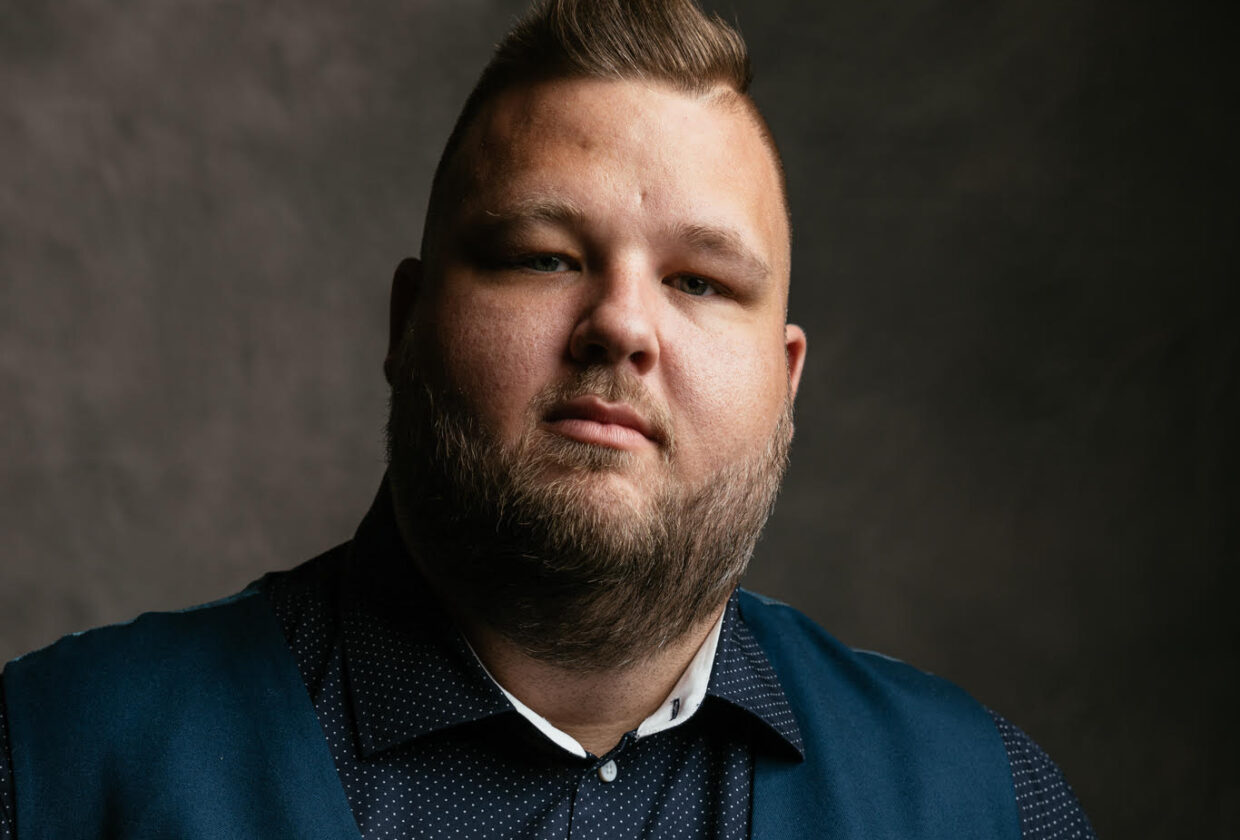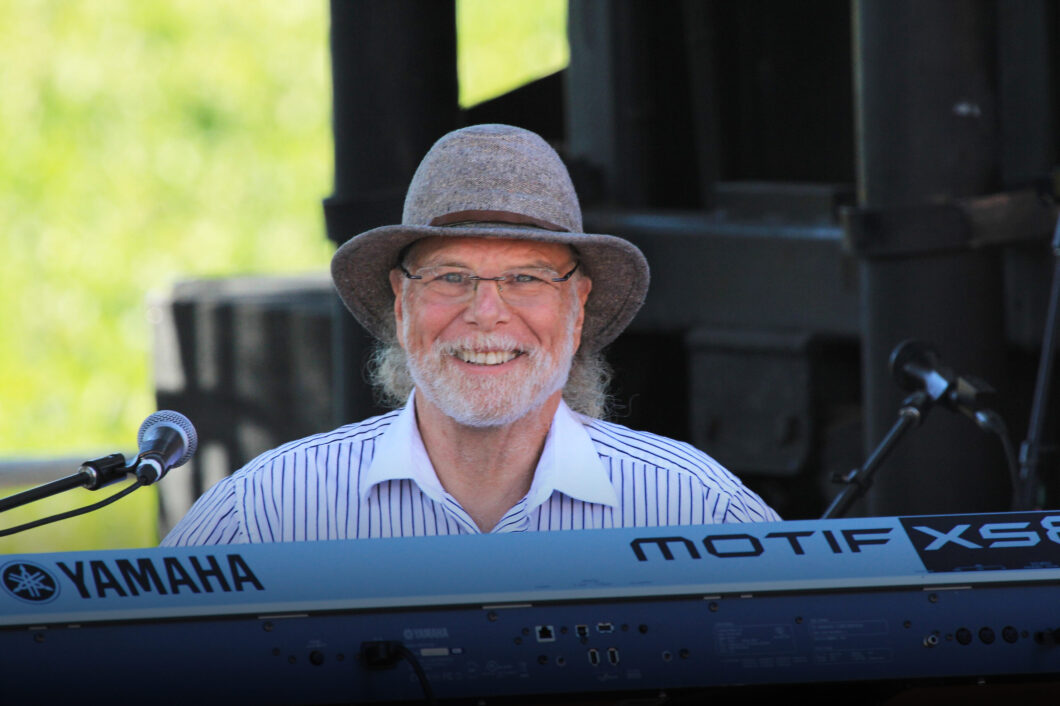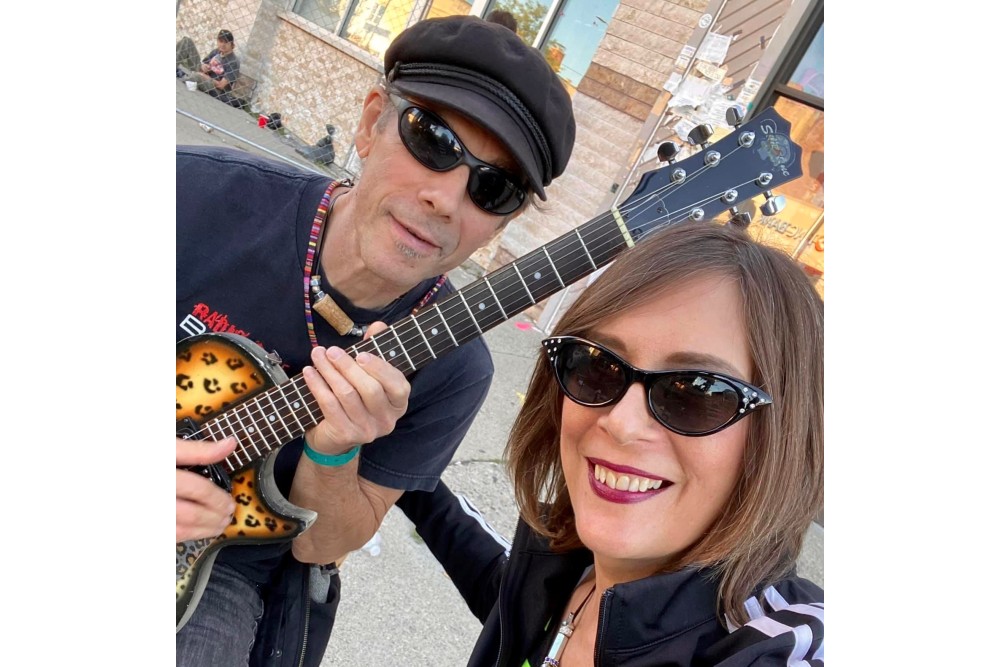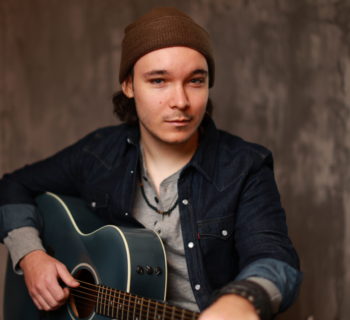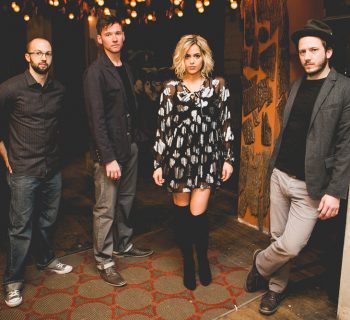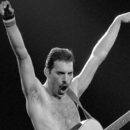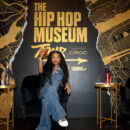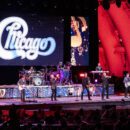Tim Gerst
CEO
Thinkswell
Years with Company: 8
Address: Nashville, TN
Web: thinkswell.com
Email: tim@thinkswell.com
Clients: Brad Paisley, Kevin Costner, Academy of Country Music Awards, Russell Dickerson, Walmart, Randy Houser
BACKGROUND
Creating music that people want to hear is one part of becoming a successful musician. Another is running an effective marketing campaign. Helping with this task are marketing agencies like Thinkswell. The independent company’s founder, Tim Gerst, has a proven history of creating and executing smart digital promotions for artists and brands.
Becoming a Digital Marketer
When I was 16, I started doing digital marketing for artists. I reached out to my favorite band and asked, “Can I run your social media?” And they’re like, “No one does it right now, so why don’t we let you try?” Seventeen years later, I still work with that same band.
Doing Things Differently
I was working at an independent country music label, [HitShop Records]. I was their head of digital. We were outsourcing social media and digital media strategy to various agencies. There was a guy, Nick Hartley, who is my partner at Thinkswell. He was a consultant for the label. We were observing what other agencies were doing. And the label just wasn’t working. Everyone got let go, and he and I started talking.
We decided to create an agency that did things differently. Most agencies have a cookie cutter template. They sign a client and [it’s], “Here’s what we’re going to accomplish each month.” And that’s all they do. They don’t think outside the box.
For us, it was “How do we serve our clients to where we’re part of every aspect of their business? How are we part of an artist’s career beyond being digital marketing strategists? How do we make sure we know every aspect of the artist’s career so we can be part of that whole marketing cohesion?”
Making Things Simpler
We charge a flat fee; there are no hourly bills. You’re never going to pay extra. Everything we do is part of [what you pay for], so we simplified understanding what you’re getting billed for. That was the inspiration—simpler, easier, more efficient.
Finding Clients Naturally
We’ve never marketed ourselves. We’ve never done press releases. Everything has been [from] clients or friends telling people about the work we do.
We usually aren’t the agency that someone hires for three months. Our clients work with us for years. We’re part of the long-term strategic plan for most of our artists. As a result, they trust us implicitly. They tell everyone they know about what we do.
Calling All Genres
We take on anyone that comes to us. It’s natural in Nashville that country is most often presented to us. But we’ve worked with Fifth Harmony. We’ve worked with Usher. We’ve worked with a lot of Christian artists, a lot of pop artists… It’s across the board.
Client-Specific Strategies
Campaigns are based off the goals of the client. If a client’s objective is purely eyeballs and visibility, the way we manage and create those campaigns is different than if the artist’s objective is having the number one song on country radio, to collaborate with someone or have a successful merch drop. Our model is creating plans and campaigns for clients based off individual needs.
Pandemic? No Problem!
Our agency has a pretty good work-from-home policy, so our staff quickly adapted to working remotely. I don’t think we missed a beat. The weirdest part was hiring people where you never got to meet them other than on Zoom.
Facilitating an Artist’s Vision
If Brad Paisley has a new album coming out, we sit down with the team. We look at timelines. When are they looking at releasing? When do they want to announce? What are the objectives? Is it to take it to number one? Is it to drive presale units?
A lot of times, we work directly with the artist. I’ll do a one-on-one with Brad and say, “What is your vision?” From there, we brainstorm. We go back to him. “Here are a bunch of ideas we think would be great.” And then we go back to the team and narrow that down. We all decide what we’re going to do, then build and execute that.
A lot of it is collaborative with the artist. The artist is the director. They understand the vision of what they want to do with a project more than anyone. It’s about understanding what they want and bringing that to life.
Building Brand Loyalty
It’s important to understand that you’re a brand. Think about artists like Taylor Swift and Pink and Lady Gaga. Their fans are loyal. Are they loyal just because of the music? No. They’re loyal because they’ve connected with that artist on some level other than music.
What are the things that define who you are so a fan can connect to you on a personal level? Is it that you’re into crocheting? Is it that you’re into pizza or travel? Create that as part of your persona. And make sure that what you put out showcases who you truly are. You want people to connect with you and understand you’re a real human. That’s how you create lifelong fans.
Campaign Questions
We start with an analysis. Who are the competitors? What are we trying to accomplish? For a venue in Alabama, we’re looking at the radiuses we want to reach. What are the demographics? What radio stations are in that world? What are the heaviest traveled roads in the area? What are the biggest print publications? And we create a strategy from there.
For an artist, it’s the same thing. What are the goals? What are the audiences you want to reach? How can we expose you to different audiences?
Evolving Technologies
We became advisors for two tech companies. The first is Community. It’s the company a lot of artists use to have fans text them. About four years ago, we came on as advisors. We’ve worked with them to help with the music industry side of things. A lot of our artists utilize it; we encourage that, because we believe one-on-one, consumer-to-artist-driven marketing is most effective. We also love that you own that consumer data. It’s not like Facebook or Twitter where you’re being limited. If you send a text message to all your fans, every single fan gets that message and you’re going to get a 20% to 30% engagement rate.
Another tech company we became advisors for is called talkshoplive, founded by Brian Moore. He created a technology that allows an artist or brand to go live on social media and lets fans purchase merchandise without leaving the video player. It leads to amazing conversion. Those are two technologies we believe in and think are going to evolve.

